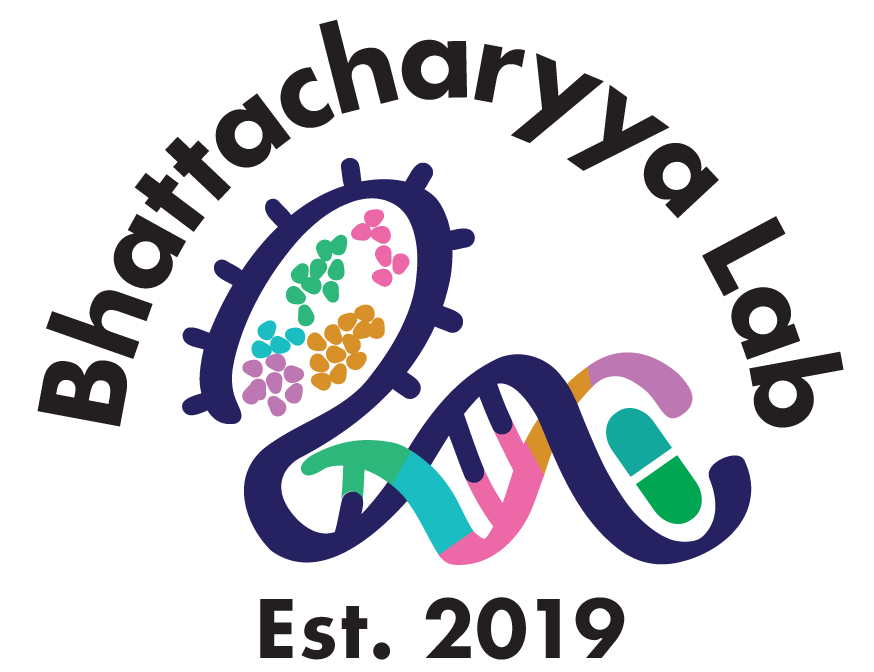Lab Philosophy & Culture
Our lab aspires to be a kind, collaborative, and inclusive environment in which to pursue rigorous science that addresses important questions in infectious diseases. We value diversity of thought, experience, and therefore identity, and we believe that this diversity enriches the science we do, the questions we choose to ask, and the people we become.
Science is a journey, and sometimes (at least in my experience) a difficult one, but it can be tremendously rewarding as well. Pushing the boundaries of knowledge is hard; it’s supposed to be. To paraphrase one of my first scientific mentors, Tobin Sosnick, if it was both easy and important, someone else would have done it by now. My goal is that our lab helps each other to recognize the important questions and to devise tractable experimental and computational approaches to answering them, and also to enjoy the process. I have found this one-page essay, “The importance of stupidity in scientific research”, to be surprisingly liberating as a young scientist; if you’ve read this far, I encourage you to read it. I am often most inspired by questions that I am not capable of answering alone, and because of that I have come to embrace collaborative science.
I would not have made it as far as I have in science without incredible mentors, and I continue to rely on mine. I strive to provide scientific and career mentorship to my lab members - on how to identify and answer important scientific questions, to communicate scientific results in a clear and compelling manner at all stages of the scientific process, and to identify and achieve career goals. In order to do that to the level I aspire to for every member of my lab, I plan to keep my lab small (but mighty!).
Poster adapted with gratitude from sammykatta.com

